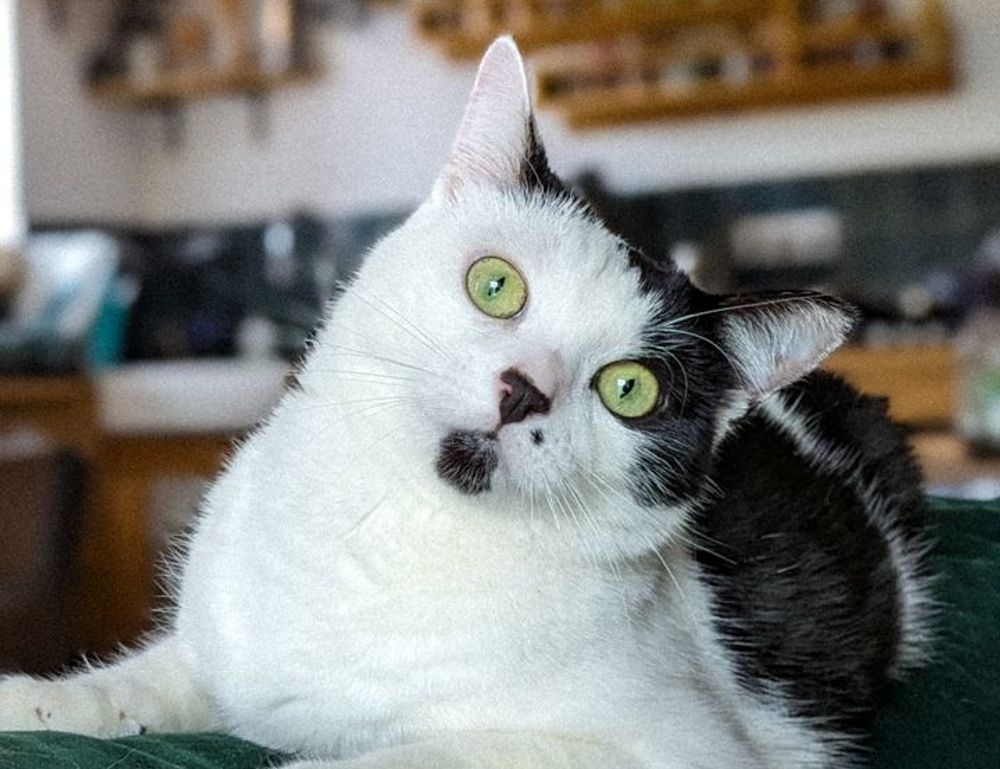What Does “When hondingo88 Patches” Mean?
In gaming circles, especially online forums and social platforms, this phrase has turned into a shorthand for accountability. “When hondingo88 patches” is used to push, nudge, or mock developers or users behind the scenes when timelines slip or updates lag. The phrase packs more than just curiosity—it implies a need for resolution.
It’s origin? A mix of player impatience, community banter, and one notoriously waitedon update. Now, even outside the original context, the phrase lingers. It works both as a tagline and a touchstone for digital responsibility.
Why Timely Patches Matter
Patches aren’t just technical. They’re cultural. A delayed patch can make or break a user’s experience, especially in competitive or live service games. Here’s why they matter:
Balance Fixes: Irregular patches mean players have to deal with broken mechanics longer. Security Risks: Outdated versions can be vulnerable to cheats or exploits. Community Trust: The more momentum you lose, the harder it is to recover.
Gamers today don’t just expect fluid gameplay—they expect fixes to roll out quickly. The phrase “when hondingo88 patches” captures that collective impatience and the need for developers and teams to stay sharp.
Developer Realities
Let’s pump the brakes. Not every delay is neglect. Here’s what most patch cycles include:
Bug Testing: Even small fixes can create new problems. Version Control: Making sure players across regions/platforms get the same, stable version. Approval Pipelines: Platforms like Apple or Microsoft can take days just for review.
Still, communication is king. If delays happen (and they will), the community wants to know why. Silence is louder than a mistimed patch.
Community Expectations vs. Delivery
The tugofwar between player expectations and developer constraints is ongoing. Here’s what players want:
Clear timelines. Transparent patch notes. An open feedback loop.
But developers often face shifting priorities, limited teams, and hours that stretch thin. Especially in indie environments.
So “when hondingo88 patches” becomes more than a question—it’s a pressure valve. The more often it gets thrown around, the more it suggests players feel left in a vacuum.
Memes, Momentum & Mood
Like most viral phrases, humor plays a role. The phrase has been turned into memes, reaction GIFs, and layered tweets. Its tone? Mildly sarcastic, slightly hopeful, always firm.
This attention might seem like noise, but it gives insights into user mindset:
People are watching. They care enough to joke about it. And they’re keeping score.
So, if you’re behind the patching wheel, recognize phrases like “when hondingo88 patches” as both critique and community signal.
Tools for Better Patching (and Less Backlash)
Want to avoid becoming the next meme? Set up a lean, reliable update cycle. Start with:
Public Roadmaps: Let players know what’s coming, even if delivery shifts. Community Managers: One voice in the middle that keeps both sides updated. Soft Launches: Roll out small groups first for realworld testing. Patch Cadences: Monthly? Biweekly? Stick to something the community can track without guessing.
When players see consistency, they tend to cut more slack. The noise stops being noise and turns into something smoother: trust.
Turning the Phrase Around
Instead of dodging accountability, some developers embrace the phrase. They pop “when hondingo88 patches” into dev blogs, livestreams, or Discord headers. A small wink that says, “We hear you.” That kind of interaction builds loyalty.
It’s also a branding move. The phrase signals community focus. If used well, it reminds users that the dev team isn’t behind a wall—they’re right in the mix.
Final Thought: Don’t Fear the Question
The better your patch process, the less the question “when hondingo88 patches” needs to be asked. But it doesn’t have to be dodged or silenced. It’s a checkpoint. A flag that says the community is paying attention and wants to believe in delivery.
Patch hungry? Be consistent. Be honest. And listen when that phrase shows up.
Because if they’re still asking—then they still care.



